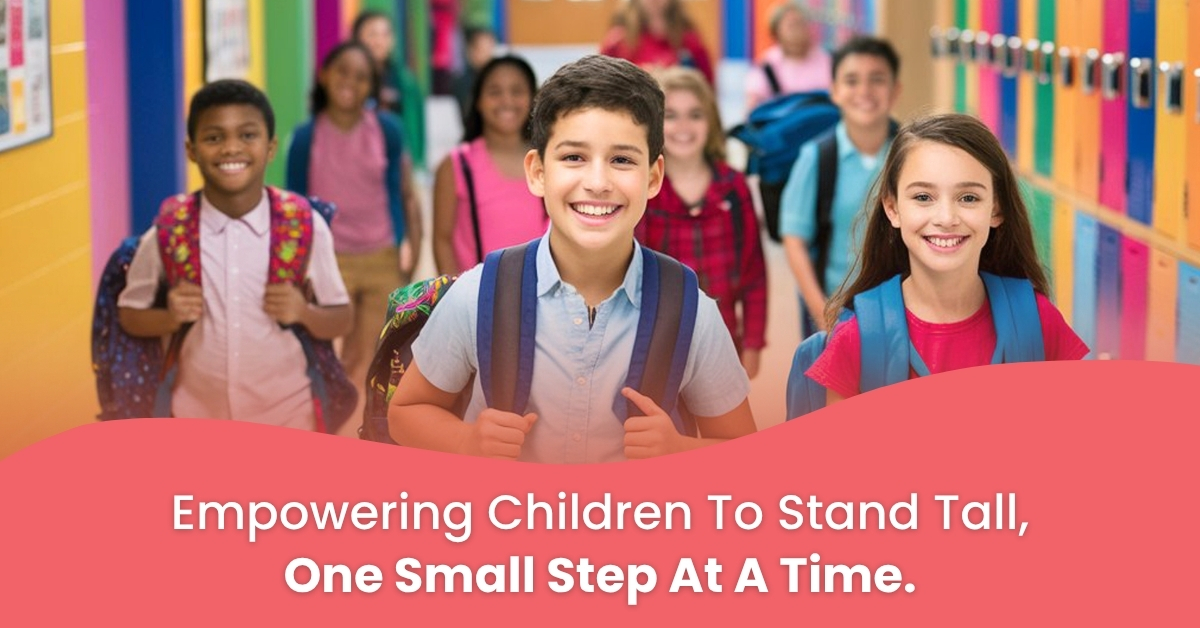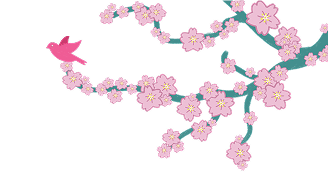
One of the most beautiful gifts we can give our children is the ability to stand on their own two feet. Not just physically, but emotionally, mentally, and practically. At Fuji Infinity International Preschool, our commitment as an IB PYP Early Years preschool is to focus on teaching independence: little by little, it adds up — helping children develop a sense of self-reliance and confidence that will serve them for life.
In many parts of the world, though, children are often seen as “too small” to handle real responsibilities. We zip up their jackets, clean up their toys, and sometimes even finish their homework “just this once.” But if we look across the ocean to Japan, there’s a refreshing shift in mindset — one that invites children to grow into independence, one small step at a time.
And no, it’s not about being strict or rushing childhood. It’s about showing children, gently and consistently, that they are capable. That they can contribute. And that they matter.
Everyday Chores, Big Life Lessons
In Japanese preschools, schools and homes children are expected to help out — not as a punishment or a bribe, but as a natural part of life. Children as young as four are sweeping floors, wiping tables, or putting their shoes neatly by the door. It’s not because parents there have less time; it’s because they believe chores teach children something far greater than cleanliness — a sense of belonging.
Takea six-year-old from Tokyo, who proudly packs away her toys and folds her clothes every evening. It’s not perfect, but when she finishes, she beams as if she’s just aced an exam. That moment — her tiny hands doing a grown-up task — builds confidence in a way no praise ever could.
Now imagine your own child organizing their bookshelf, mismatched as it may look. You may want to swoop in and “fix” it, but hold back. Let them stand back and admire their work. That pride? It’s golden.
Time: A Skill They Can Master Early
In Japanese preschools and schools there’s no janitor. You read that right — students clean their classrooms themselves. From dusting shelves to mopping floors, children are actively part of keeping their space tidy. It’s not just about saving costs. It’s about teaching children that time, effort, and cooperation go hand-in-hand.
A teacher once shared a story of her class where students had a “clean-up captain” each week. A seven-year-old took his role so seriously he created a checklist and set a timer so the group wouldn’t miss any corners. He learned — without even knowing — how to plan, delegate, and manage time.
At home, this could look like letting your child set a timer to finish their homework or decide how much screen time they want to use today versus tomorrow. Giving them control teaches them balance — a skill that even adults struggle with sometimes.
Problem-Solving Begins with a Pause
It’s so tempting to jump in when our children struggle. To tie their laces when they’re frustrated or offer answers when math gets tough. But what if, instead, we just paused?
In Japan, parents and teachers often hold back on fixing problems for children. Instead, they gently ask, “What do you think we should do here?” This simple question opens a door. It tells the child, “I believe in you.”
A mother shared how her son who was trying to build a paper bridge that kept collapsing. Instead of stepping in, she said, “Hmm, what’s your plan B?” An hour later — with tape, cardboard, and a very proud grin — he had his masterpiece. And more importantly, he had the self-belief that he could figure things out.
Next time your child says, “I can’t do it,” try asking, “Want to try one more way before I help?” That tiny moment of trust can plant a lifelong seed of resilience.
Why It All Matters
So why does all this matter? Why let them struggle a bit or take 10 minutes to pour milk instead of doing it yourself in two?
Because independence is not about perfection. It’s about the process.
Here’s what happens when children learn to do things on their own:
- They feel confident. There’s nothing quite like the sparkle in a child’s eye when they say, “I did it all by myself!”
- They bounce back faster. When they’ve solved their own problems before, a tough day doesn’t throw them off as easily.
- They become capable adults. From sorting laundry to managing schedules, these small lessons build strong life muscles.
Final Thoughts: Growing a Capable Generation
Letting go is never easy. Watching your toddler fumble with buttons or your teen forget their lunch (again) can be frustrating. But these are the moments where growth hides. By giving our children the space to try, to fail, and to try again, we aren’t just raising children — we’re raising future adults who can think, care, and stand tall.
So next time you feel the urge to step in, pause. Smile. Hand them the reins — even just a little. You’ll be amazed at how far those small steps can take them.
Choosing a preschool that values independence and hands-on learning can make a world of difference. As parents search for the best IB schools in Gurgaon, it’s essential to find a place where children are encouraged to grow at their own pace, gaining confidence and essential life skills every day.






